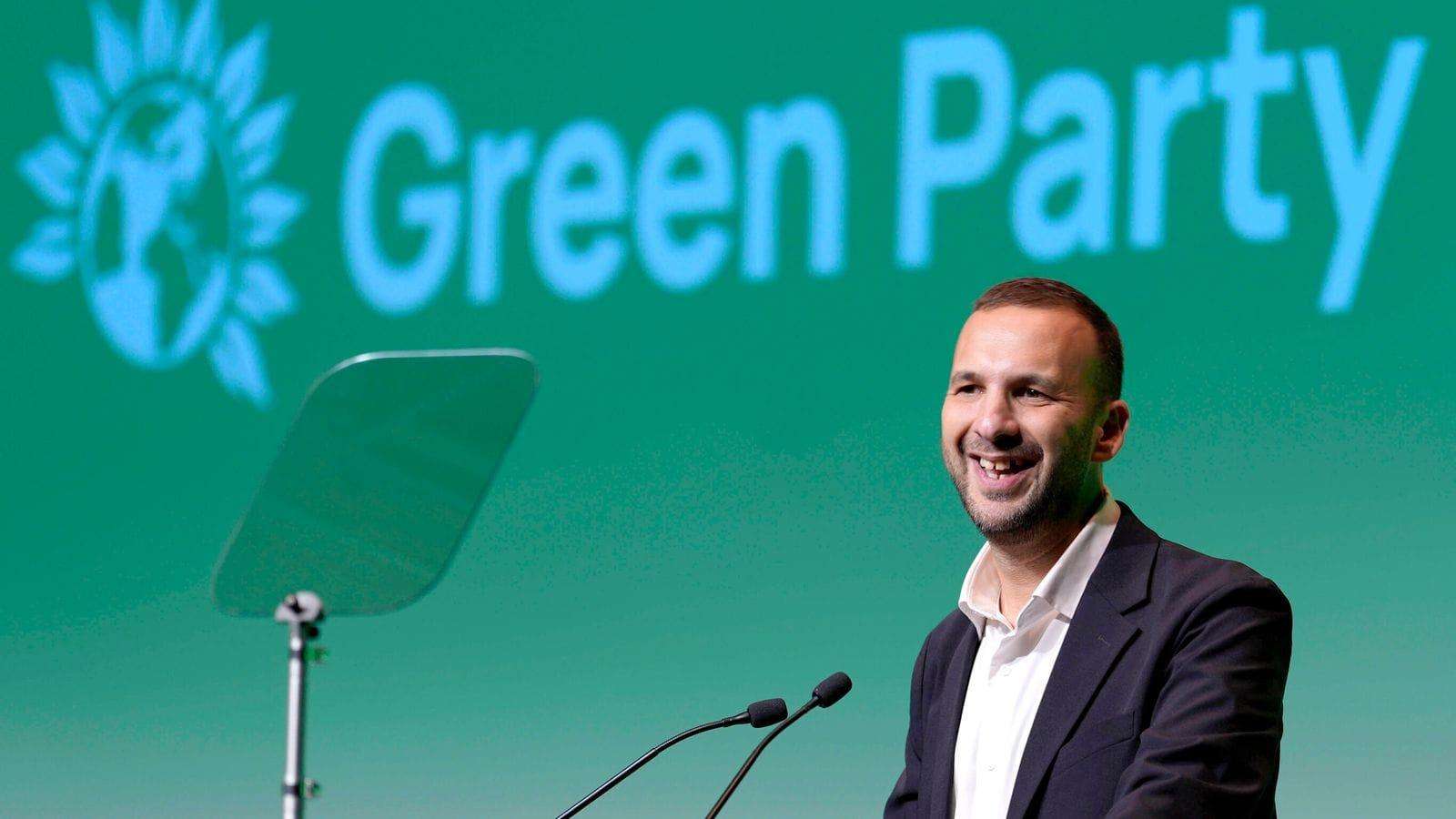The ongoing impasse over government spending in the United States remains unresolved. The country was once again on the brink of a government shutdown, although it narrowly avoided it at the last moment. Just minutes before the deadline, the House of Representatives passed the bill, which was subsequently approved by the Senate.
According to the bill, the government will be able to continue its expenditures until March, covering areas such as disaster relief and agricultural spending. However, it does not grant the government the authority to suspend the national debt ceiling during this period. President-elect Donald Trump urged Republicans to take this matter seriously.
Dr. Zafar Mahmood, President of People United for Progress (“People Up”), commended the bipartisan effort in Congress to avert the shutdown, calling it a beneficial decision for Americans. In an immediate statement, he said that the U.S. Congress has long served as a role model and guardian for political governments and parties worldwide.
He further noted that the United States is often regarded as more powerful than the British Empire of the past. At a time when crises are unfolding across the globe, the American leadership has demonstrated remarkable vigilance and responsibility toward its citizens by preventing a government shutdown. He referred to this decision as a prime example of America’s global leadership.
If the new bill had not been passed, the U.S. government would have faced a shutdown starting last Saturday. In such a scenario, most government services, except for a few essential ones, would have come to a halt, and many federal employees could have faced the prospect of unpaid salaries. A government shutdown during the holiday season, including Christmas and New Year, could have caused significant hardship for millions of Americans. Earlier, despite Donald Trump’s appeals, Republicans failed to pass a revised bill to prevent the shutdown in the House of Representatives. Even some Republican members voted against the bill, which required a two-thirds majority in the House to pass.
Dr. Abu Zafar explained that even after the bill was passed in the House of Representatives on the third attempt, approval from the Senate was still required. Despite opposition from some senators, the bill was ultimately approved.
As per protocol, for a bill to become law, it must be approved by both the House of Representatives and the Senate before being signed by the President. The White House issued a statement supporting the legislation after its passage.
Dr. Abu Zafar pointed out that although the Democrats have only a slim majority in the Senate, even a single senator’s objection could have been enough to delay or block the bill. Republican Senator Rand Paul opposed the bill, citing specific reasons to justify his stance.
Meanwhile, although Republican Donald Trump won the presidential election, he has not yet assumed office. He is set to take on the responsibilities of President on January 20. Trump had urged Republican lawmakers in the House of Representatives to vote in favor of the bill, but some hardline members of his party refused to support it.
The bill received 174 votes in favor and 235 against, with 38 Republican lawmakers voting against it. If the appropriations bill had failed, parts of the U.S. government’s operations would have been forced into a partial shutdown.
_3.jpg)
_4.jpg)






.svg)

